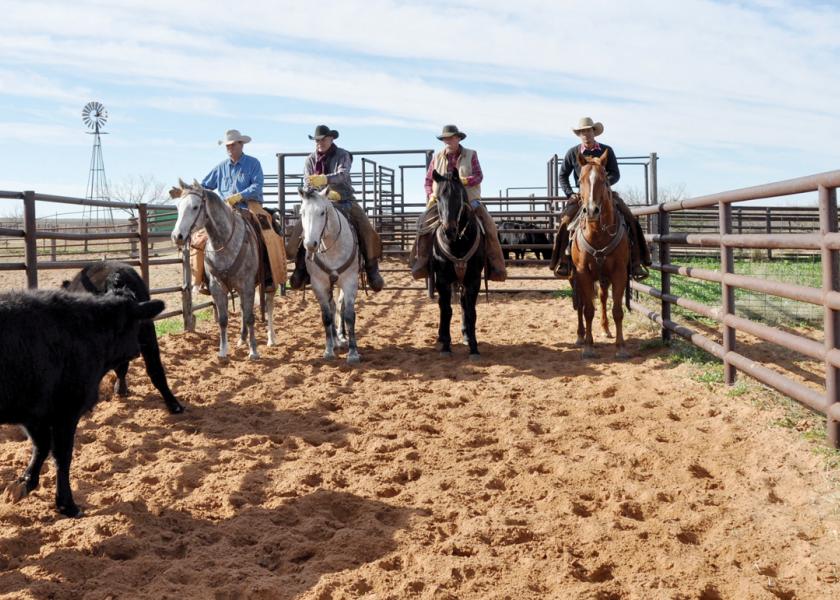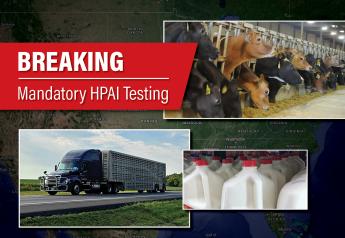McKnight: The American Rancher Has Always Been A Critical Worker

The opinions expressed in the following commentary are those of Robert E. McKnight, Jr., president of the Texas and Southwestern Cattle Raisers Association.
There’s no question COVID-19 has had an enormous impact on our country. We will continue to feel its effects for a long time and, in some respects, it will likely have a permanent impact on our nation.
Despite the tremendous toll we have paid to combat the virus, I do see reasons for hope and optimism. For one, it has brought our country and communities closer together as we fight for a common cause. This isn’t an uncommon phenomenon after disasters. Politics and personal differences are put aside as communities pull together to help their own on the road to recovery.
With non-essential businesses closed, and millions of Americans ordered to stay at home, many have seen their daily distractions fade. This means things are moving a little slower, and people have more time to focus on what really matters – faith, family and our fellow neighbors.

Robert E. McKnight, Jr.
There has also been a renewed focus on agriculture, both within government and politics, and also among the general population.
As consumers flocked to grocery stores in preparation for the possibility of lengthy stay-at-home orders, many were greeted with empty shelves and meat cases. Fortunately, this is due to the logistics of getting things where they need to go, not an actual supply shortage. Nonetheless, millions of Americans faced the prospect of limited food options for the first time in their lives.
The saying goes: A nation with an abundant, affordable food supply has many problems, but a nation without an abundant, affordable food supply has only one problem.
It’s unfortunate, but I think a lot of people got a glimpse at this truth because of the COVID-19 pandemic. Many now understand what we have always known – cattle producers are essential to our survival, both as individuals and as a nation.
Every day, the Texas and Southwestern Cattle Raisers Association stands up to fight activists who want to do away with beef and put ranchers out of business. These individuals and groups use misleading and flawed data to convince consumers that beef is bad for their health and bad for the environment.
The head of one prominent fake meat manufacturer even said during the midst of the coronavirus outbreak that he wants to completely replace animals as food by 2035. While American farmers and ranchers are pulling together to feed American families, the manufacturers of highly processed meat substitutes are continuing to push a profit-driven agenda that is dependent on their ability to mislead consumers. They may have gravely overestimated the naivety of American consumers. While meat was flying off supermarket shelves, fake meat products remained idly in their display cases.
I am proud to be part of an industry that works tirelessly to care for the people, livestock and land of this country, not just in times of need, but every day. Cattle production is an essential part of our daily lives. So much so, that agricultural producers were not only exempted from stay-at-home orders but required to continue to report to work during the COVID-19 crisis.
My fellow leaders and staff at the Texas and Southwestern Cattle Raisers Association have worked diligently to ensure the beef supply chain continues moving regardless of the challenges presented by the coronavirus.
Maintaining the beef supply, so store shelves stay full, will continue to be our first priority, but the real credit goes to the cattle producers who make up our membership.
I hope everyone will join me in thanking all of the American ranchers and agricultural workers who continue to work so diligently and selflessly to see our nation persevere through this crisis.
Related stories:







